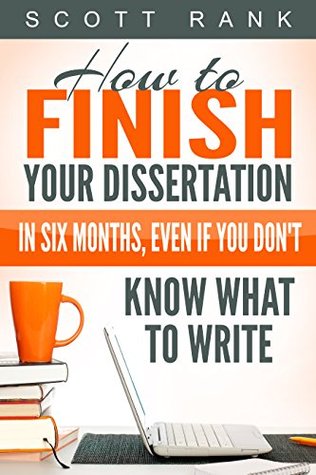More on this book
Kindle Notes & Highlights
Isaac Asimov, the father of modern science fiction, had a writing output that surpassed all but the most prolific of novelists. In the course of his life he wrote over 500 books, hundreds of essays and short stories, and nearly 100,000 letters to his fans. His books appeared in nine of the ten major categories in the Dewey Decimal System.
I made up my mind long ago to follow one cardinal rule in all my writing—to be clear. I have given up all thought of writing poetically or symbolically or experimentally, or in any of the other modes that might (if I were good enough) get me a Pulitzer prize. I would write merely clearly and in this way establish a warm relationship between myself and my readers, and the professional critics—Well, they can do whatever they wish.
Ernest Hemingway formed his own methods to produce a healthy daily word count. But rather than use overly simplistic storylines like Asimov, Hemingway's cardinal rule was to keep track of his writing output.
Hemingway figured that editing a bad draft was a much faster process than trying to write a perfect first draft,
They kept up a steady momentum, no matter how sloppy or ungraceful it could be.
The way to produce a lot of jokes is to work on new material every day. Simply put, pick a goal, work on it daily, and watch your accumulated efforts have long-term effects.
His technique was a form of psychological disciplining that kept his lesser self from convincing him not to work that day.
psychological phenomena known as the theory of loss prevention. It means that the fear of losing a small thing is stronger than the happiness of gaining a small thing.
In order to ensure that you write every day, make sure that you write the first thing in the morning. That's it.
Then he listened to Thomas Schelling, a Nobel Prize-winning economist who has talked about the now-vs-future-self concept of egonomics. It means don't trust the future version of yourself to make the right choice. Set up a small punishment in case you do not meet your goals.


